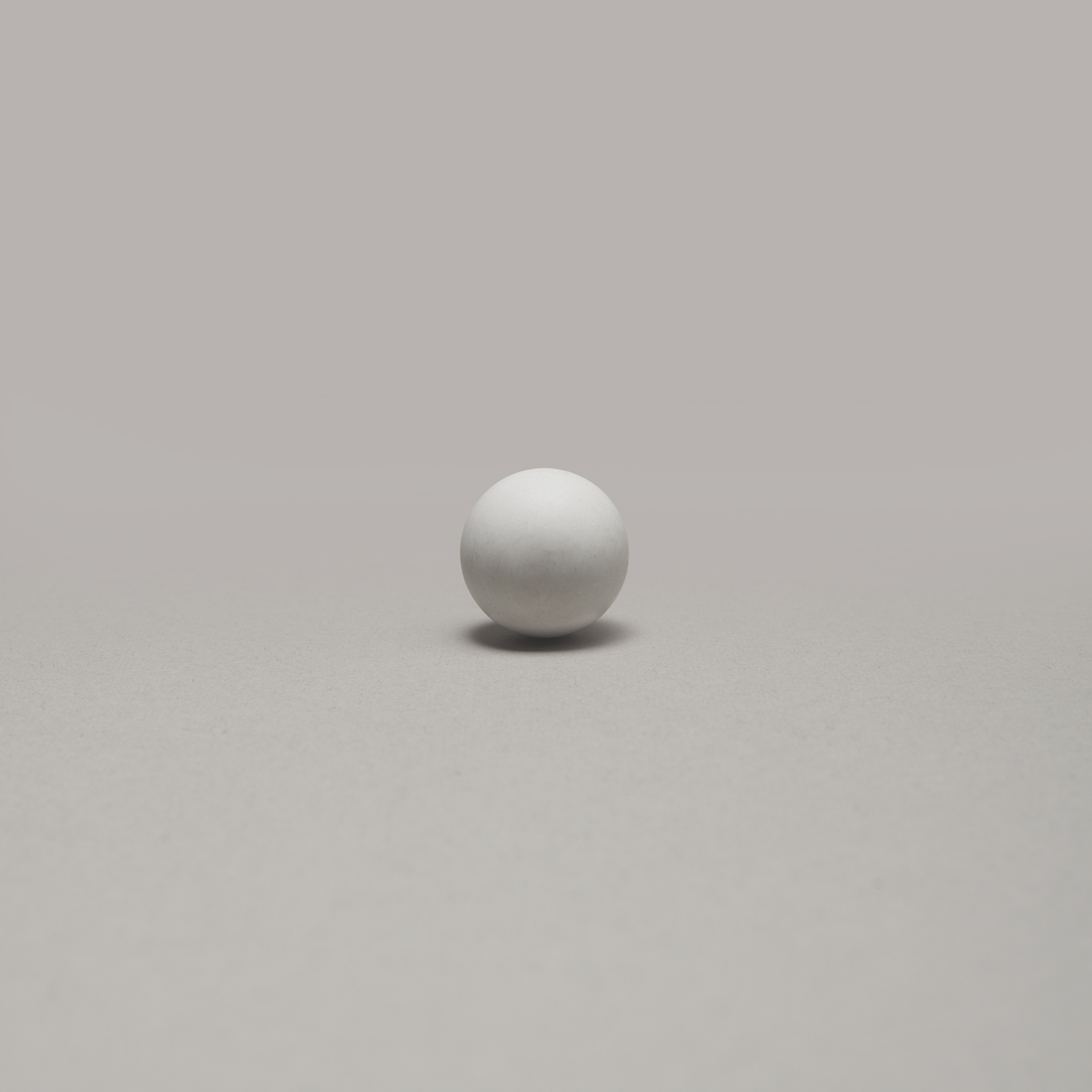
Il Futuro
—
Out May 05
—
La Tempesta



Andrea Poggio’s writing is persuasive, soberly charming and its methodically carved appearance ends up creating something both peculiar and unexpected.
Listening to ‘Il futuro’ one has the impression of being in front of a record that is at once classic and modern, ancient and avant-garde, in which the author amuses himself, almost pleases himself, by playing with genres and mixing them as if to create an unusual bridge between Paolo Conte and the Dirty Projectors, between Franco Battiato and Chassol.
The old and the new, the classic and the modern, the past and the future.
It is precisely on the tracks of this apparent dichotomy that the album, whose title seems to lack a final question mark, moves.
The future that Poggio, like a sort of Tiresias, sees “from a hotel window” or “from a train on a dead track” is a dreadful yet postmodern future, which seems to arrive from the most alienating pages of a Don Delillo novel, made of “infinite working-class neighbourhoods”, “artificial rains” and “iridescent grey rivers”.
It is a future caustically portrayed in “Chilometri d’asfalto” and “Il nuovo mondo”, in which the narrator stands lost by the triumphal advance of a neo-liberalism that leaves no room for hesitance.
Against this future, the only solution seems to be to look backwards, take refuge in memory and recall the past in the present. Here, comfort comes from evoking “summers lost in time” made up of “runs through the fields” and “glances with a lump in the throat” (“Amori perduti”), from reliving moments spent “on the edge of the world”, “under a blazing sky”, “in the arms of a city girl” (“Argentina”), from thinking back to those “long goodbyes in hotel car parks” and those “nights at the lampshade” that belong to a past life forever abandoned (“Autunni intermittenti”).
The past and the future, the old and the new, the classic and the modern.
On a musical level, Andrea Poggio succeeds in no easy feat, combining with extreme ease the Italian songwriting tradition with a decidedly contemporary, modern and – yes! – futurity approach towards arrangement and production.
Recorded between Milan and Bristol by Federico Altamura, Ivan Rossi and Ali Chant (the latter known for having produced, among others, Aldous Harding, Perfume Genius and Yard Act), ‘Il futuro’ is an album where we sometimes seem to find the Paolo Conte of the early 1980s.
Just as Paolo Conte enjoyed contaminating his old-fashioned melodies with Casio sounds and drum machines (for example in “Gli impermeabili”), so Andrea Poggio deconstructs the more classic traits of his songwriting through dry and essential arrangements (“Argentina”), almost drum and bass frequencies (“Il futuro”) and drums halfway between calypso and trap (“Il nuovo mondo” and “Chilometri d’asfalto”).
But the influences are far from spent.
If ‘Amori perduti’ sounds like a late 1980s Leonard Cohen, ‘Ombre e luci’ mixes Franco Battiato with a saxophone that could easily come from a Tyler, The Creator record. If the irresistible ‘Parole a mezz’aria’ has its roots in XTC, in ‘Fuori città’ we can find Modugno (!). If ‘Autunni intermittenti’ winks at St Vincent, in ‘Frasi a metà’ we seem to be listening to the Air playing Paolo Conte’s ‘Max’.
Conte again.
And perhaps it is no coincidence that Andrea Poggio, like Paolo Conte, was born and raised in that southern and border part of Piedmont “that lies at the bottom of the countryside”, squeezed between the plain and the sea, swallowed up by the fog and the hills. That Piedmont (to quote Umberto Eco, with whom Andrea Poggio shares his hometown Alessandria) “without rhetoric and without myths”, indifferent to abstract values, disinterested in rhetorical amplification and skeptical of a confident and triumphalist vision of the future.